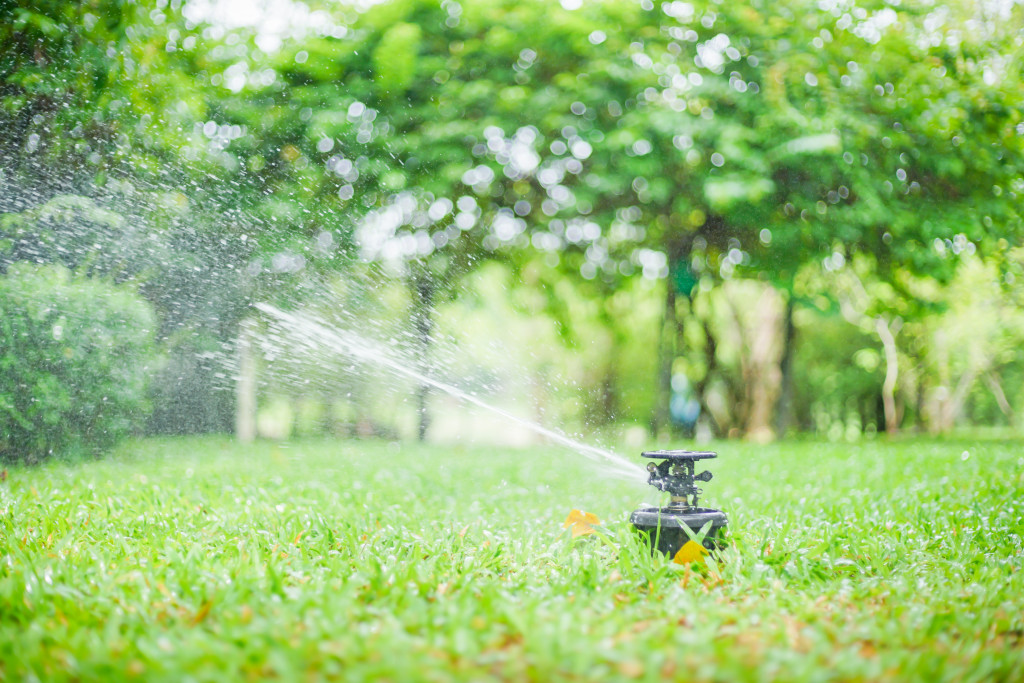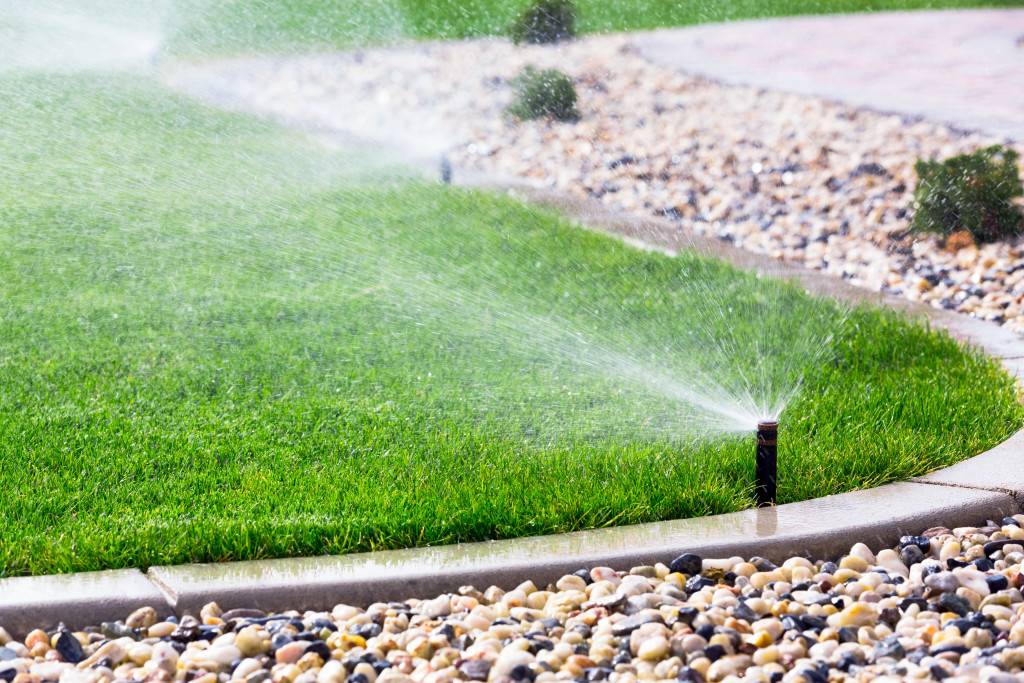At first glance, having a large lawn seems like every homeowner’s dream—but that is until you realize just how much work, time, and money goes into taking care of a large lawn. However, this downside may still not be enough to put you off buying a property with a large lawn, but you do have to be prepared for the level of care it requires.
Taking care of a large lawn can take a lot of work—not to mention be more expensive than a regular-sized lawn. Nevertheless, there are a lot of ways you can make lawn care for a large lawn easier and less expensive, such as:
-
Installing an artificial lawn
Think about how much watering, aerating, and mowing a real lawn with real grass requires. If you’re not up for all of that work, consider artificial lawn installation instead. An artificial lawn may require a substantial initial investment, but the savings you get from fewer low maintenance expenses will pay off in the long run.
More importantly, an artificial lawn does not need water, requires little maintenance, and stays green all year round. While you still have to take care of it from time to time, the work is far lighter than with a real lawn.
-
Choose low-maintenance plants
The more high-maintenance plants you have on your lawn, the more work (and money) you have to put in to keep them healthy. But with low-maintenance plants, you can keep your lawn looking healthy with way less maintenance.
Here are some examples of low-maintenance plants that are great for your landscape:
- Ribbon grass
- Peonies
- Juniper
- Smoke tree
- Liriope
- Fescue
- Hydrangea
-
Automate watering

Think about how much time you will save if you automate watering for your lawn, especially if you have a large one. Automated watering will also help you water your lawn at the most opportune times (around sunrise and late in the afternoon) without you having to wake up early or push back dinner to water your lawn.
Invest in the right kind of automated watering equipment for your lawn. One example is a simple dial-type timer that you can connect to a soaker hose. This type of watering equipment can automate watering on plant beds, targeting the plants’ root systems, making them more efficient than overhead sprinklers. Another type is an irrigation timer that connects to the sprinkler system and automatically turns it on and off.
-
Use mulch
A larger lawn tends to have more weeds, which means more weeding for you and probably higher expenses for weed killer. Fortunately, you can suppress weeds on any size of lawn by using mulch. Mulch will help deter the growth of weeds and reduce the evaporation of water from the soil (which also reduces water expenses).
To further save money, use cheap and eco-friendly mulch like straw, corn husks, newspapers, compost, and peanut shells, among many other options. Avoid mulches made from cypress and cocoa, which do not belong on the eco-friendly list of mulch options.
-
Mow less
Letting grass grow a little longer can help your lawn hold moisture better and suppress weed growth. In general, it is advisable to avoid cutting more than a third of the grass blade every time you mow. Doing so can save you time, money, and energy—all while keeping your lawn looking green and healthy in the process, especially if your lawn is larger than usual.
However, if you are not sure if this tip is right for the type of grass you have, it may be best to consult with a lawn care professional first.
-
Remove plants
If the plants in your lawn increase your amount of work, consider removing them entirely to make lawn maintenance much easier. Having a large lawn may mean you have a lot of room for plants, but you can only plant so much until it becomes unmanageable.
Remove excess plants and relocate them into a pot. After you settle them in their new container, give them away to friends or family, or donate them somewhere to prevent them from going to waste. If the plants can survive indoors, consider turning them into indoor plants or patio plants instead.
Having a large lawn can be both a blessing and a curse. If yours is becoming too much of the latter, it may be high time to apply these strategies and reduce the level of maintenance that your lawn needs. Not only that, but these strategies can also help you spend as little as possible on lawn care.

